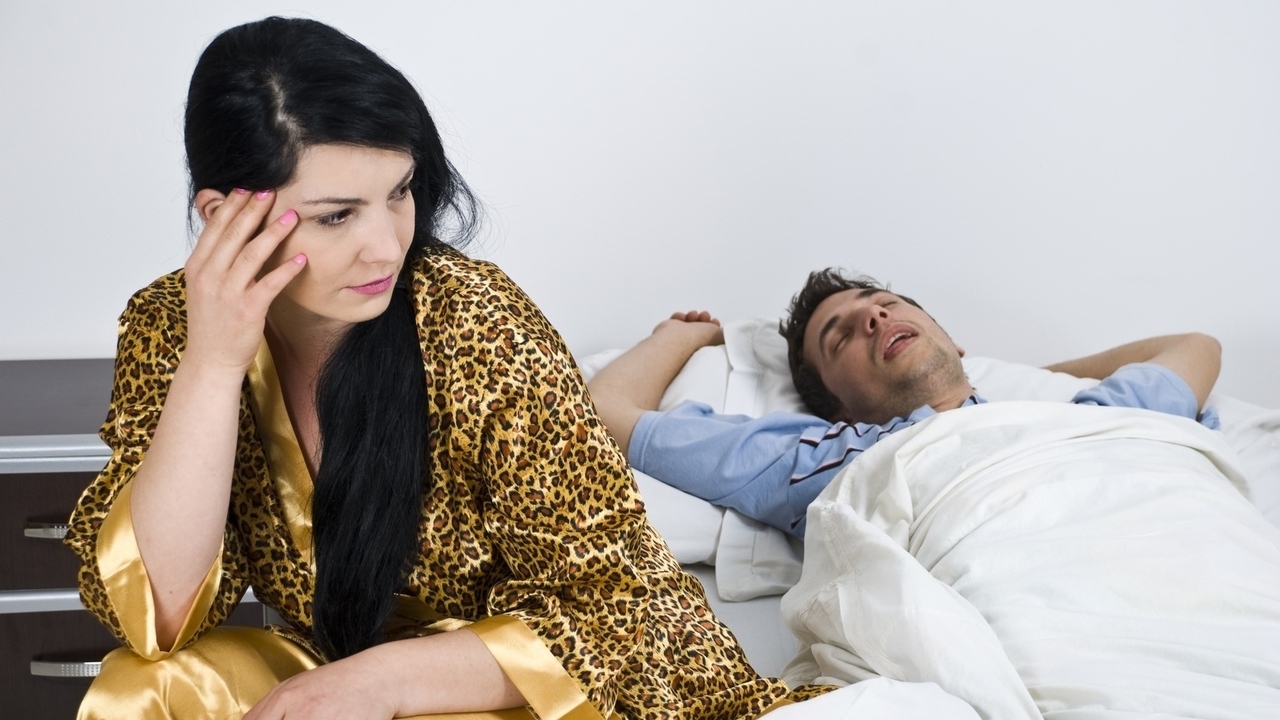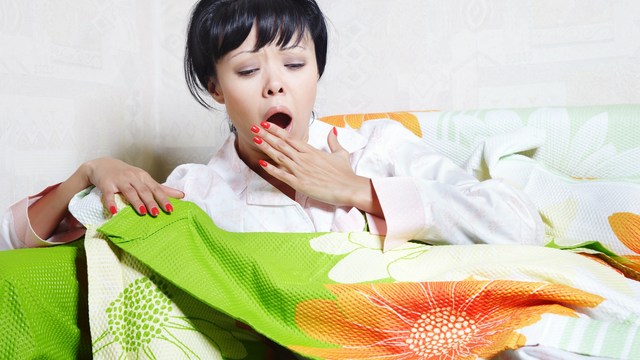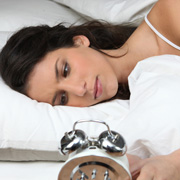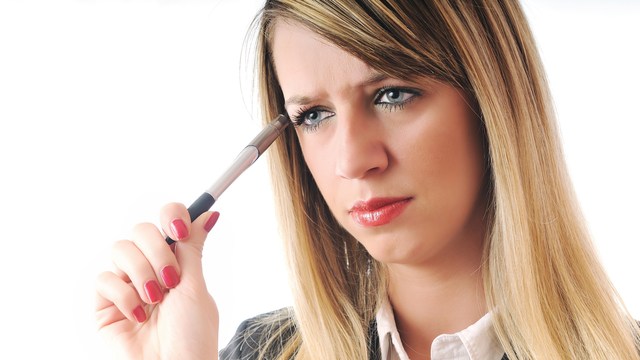Grey hair, wrinkles and hot flashes – whoever coined the term “aging gracefully” probably was a man. If that wasn’t enough, recent studies show that menopause also increases the incidence of obstructive sleep apnea (OSA).
OSA is a disorder characterized by repetitive upper airway collapses during sleep, and affects about 2 percent of adult women and 4 percent of adult men in the general population. OSA, and other forms of sleep disordered breathing (SDB) like snoring, may lead to cardiovascular complications such as stroke, heart failure, arrhythmias and hypertension. Although the prevalence of OSA in men is double that of women, studies have reported around 40 percent of women show a dramatic increase in sleep disturbance in their later years, coinciding with when they enter menopause.
Researchers attribute these discrepancies in the prevalence of OSA to the protective effects of progesterone on the respiratory system. Progesterone is a respiratory stimulant that increases resting ventilation, thus aiding against airway collapses – the cause of OSA. Because women have more progesterone than men, they are less susceptible to OSA. However, the onset of menopause decreases levels of progesterone, resulting in a spike in OSA occurrence. Menopause is already associated with insomnia due to hot flashes and mood changes, and now OSA is known to be yet another hormone-related factor contributing to disruptive sleep.
Dr. Bixler of the Sleep Treatment Center at Penn State University conducted a study on 1,000 women aged 20-100 years and found menopausal women were more than six times as likely to suffer from sleep disordered breathing than pre-menopausal women. In some cases, hormone replacement therapy was administered to participants, which significantly decreased the incidence of apnea events in these women. He concluded from these findings that “evaluation for sleep disordered breathing should be a priority for menopausal women with complaints of snoring, daytime sleepiness, or unsatisfactory sleeping.”
In addition to menopause-related sleep disturbances, as we age the prevalence of sleep disorders also increases. It is important to look for a local physician in your area who specializes in sleep related disorders and set up a comprehensive evaluation.
http://www.serenocenter.com
Dursunoglu, Nese. "Effects of Menopause on Obstructive Sleep Apnea." Tuberkuloz Ve Toraks Dergisi 57.1 (2009): 109-14.
Bixler, EO, et al. “Prevalence of Sleep-Disordered Breathing in Women.” American Journal of Respiratory Critical Care Medicine 163 (2001): 608-13.






Add a Comment1 Comments
I guess that to receive the home loans "goodfinance-blog.com" from banks you ought to have a great reason. But, once I've received a credit loan, just because I wanted to buy a building.
November 28, 2013 - 11:23amThis Comment